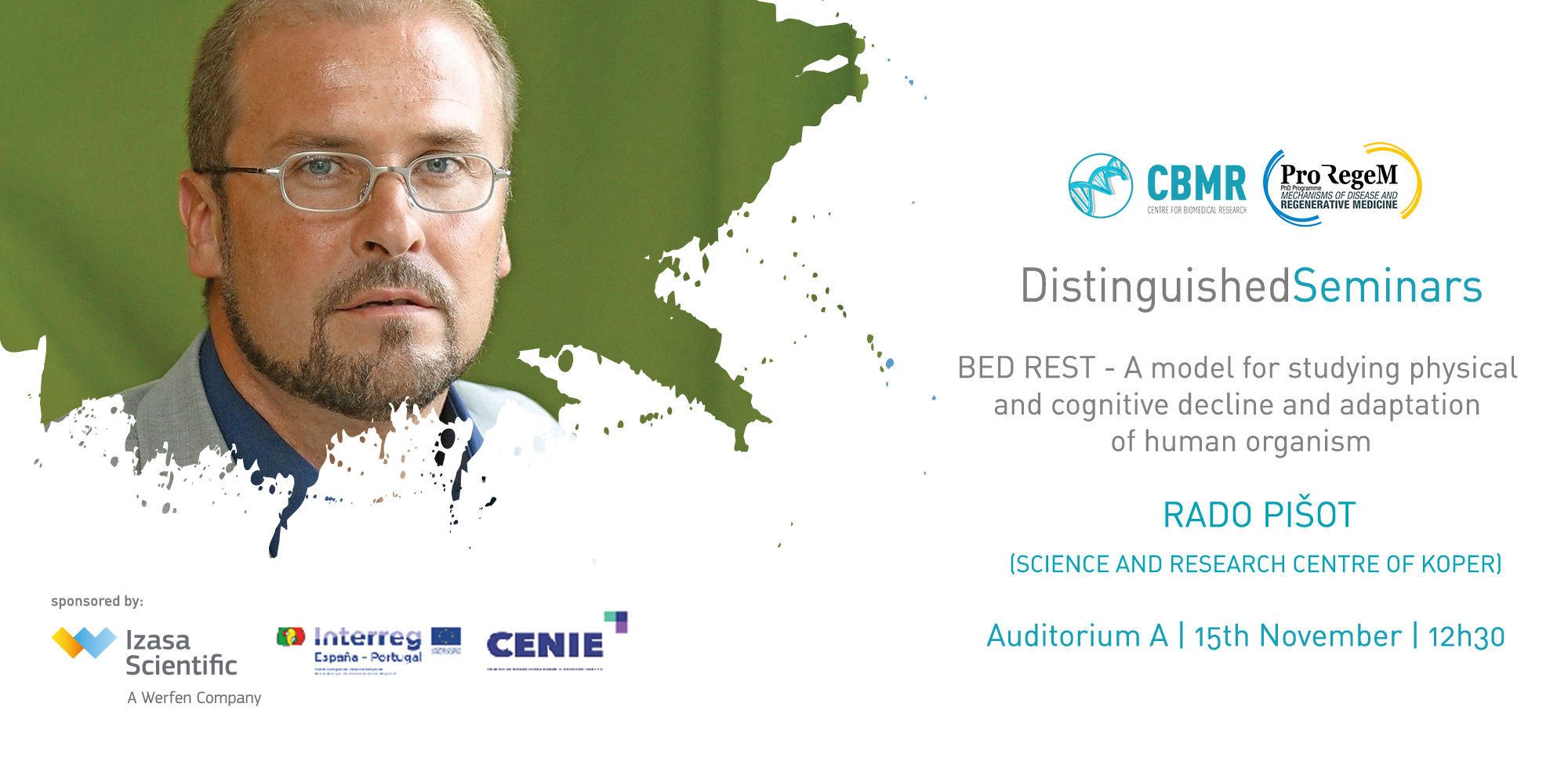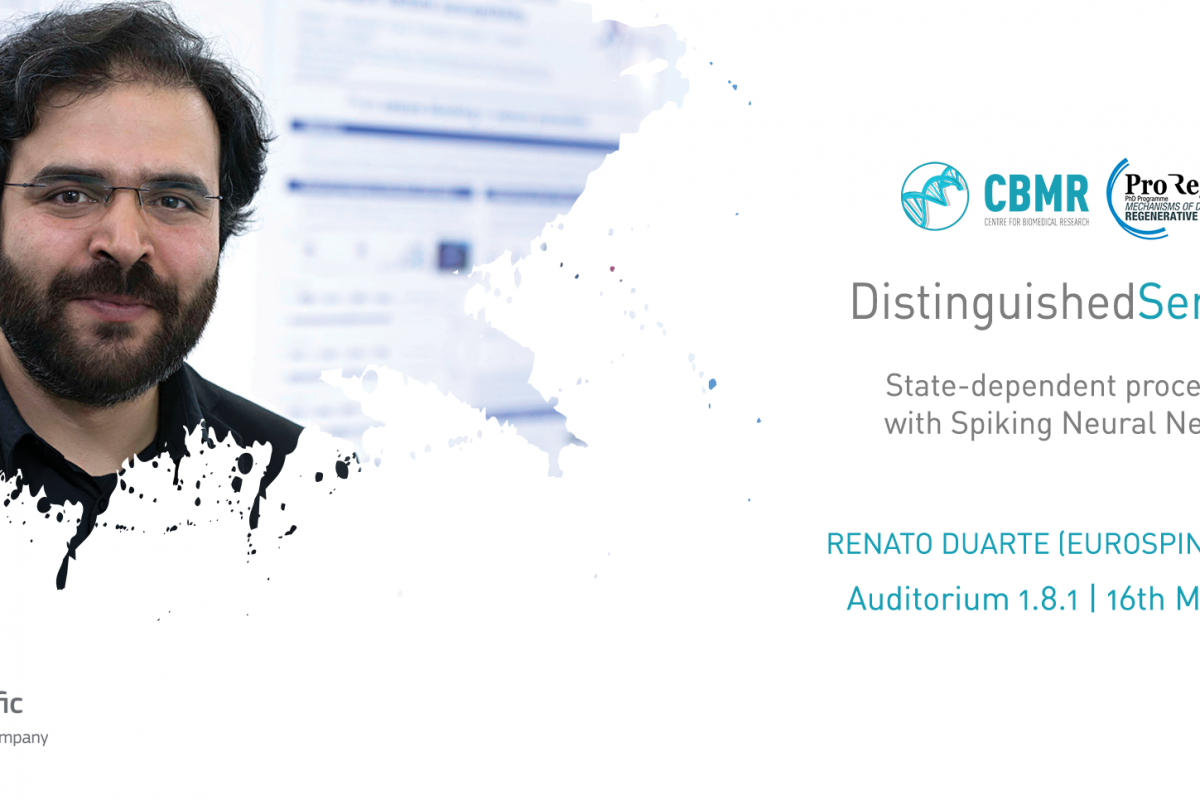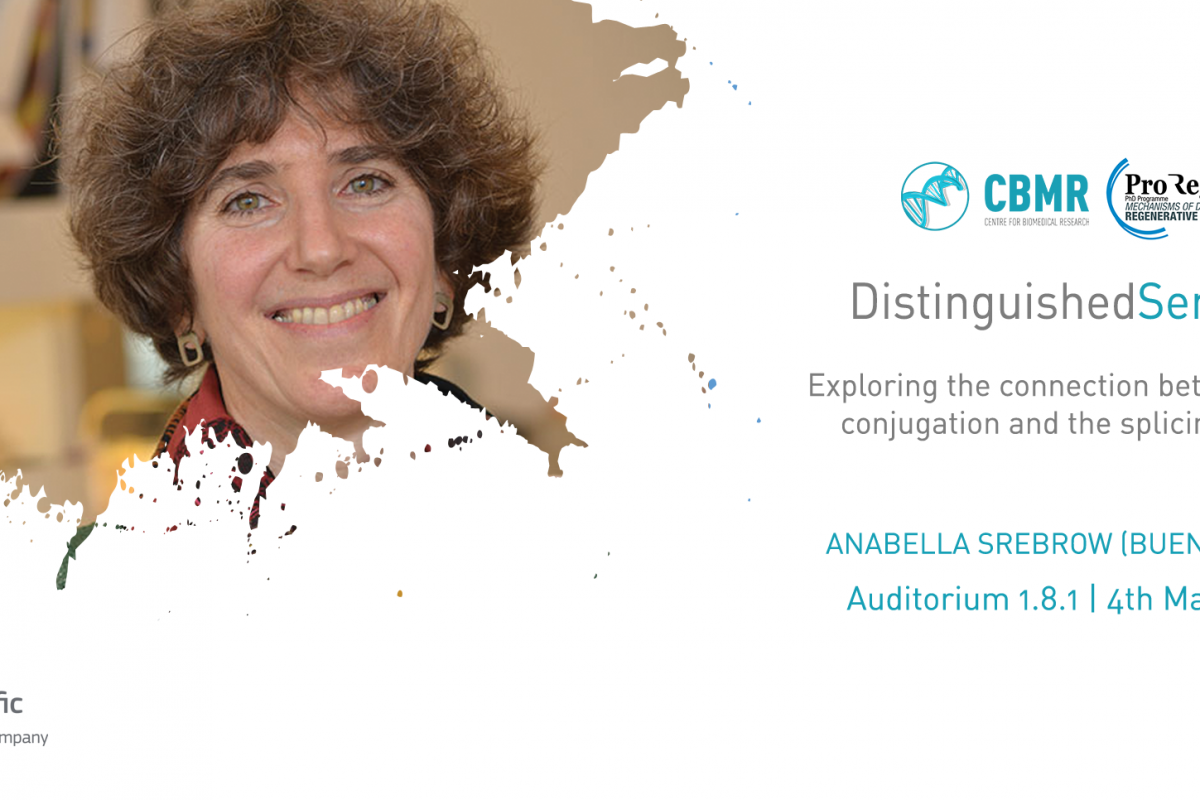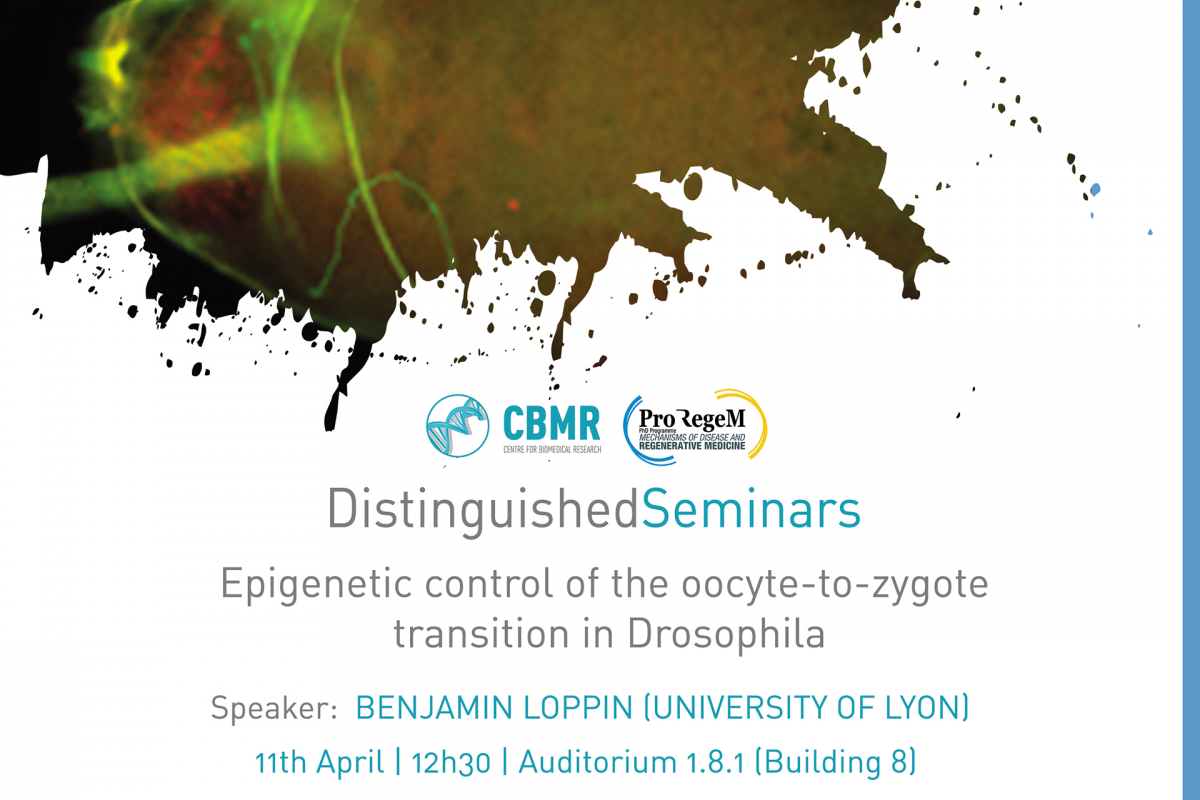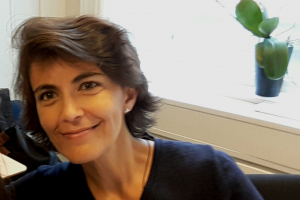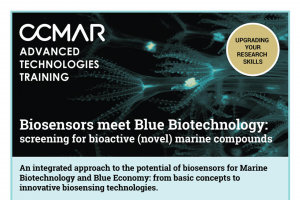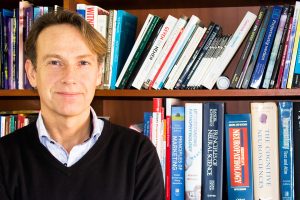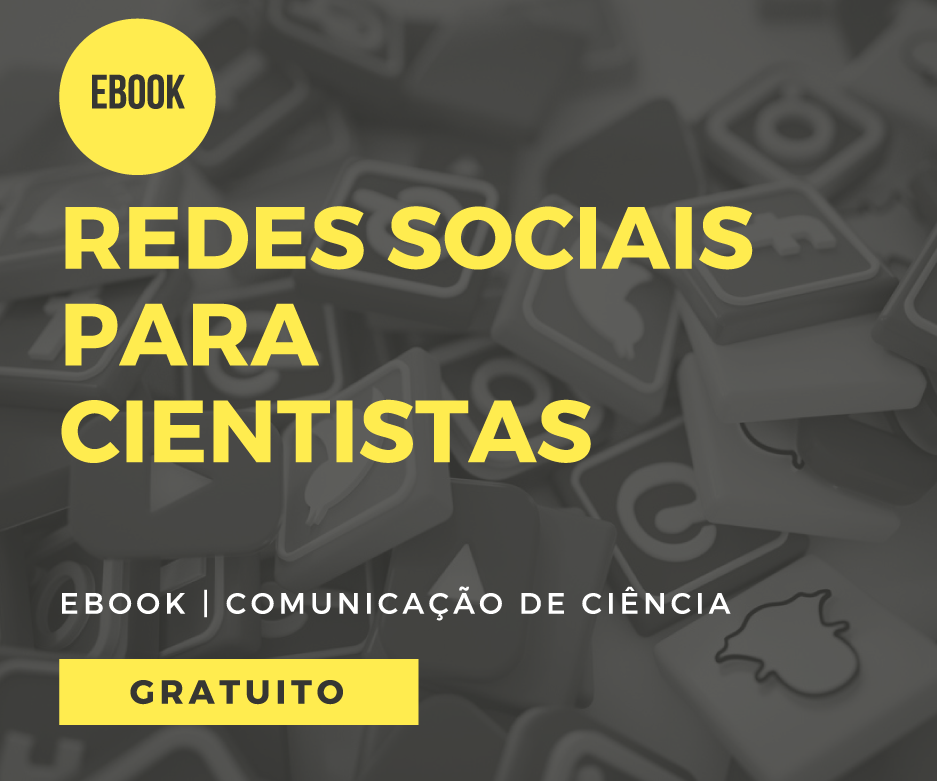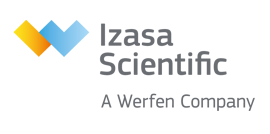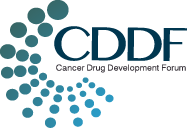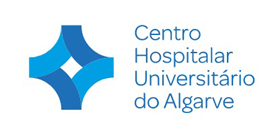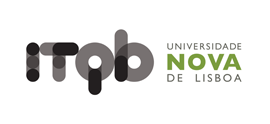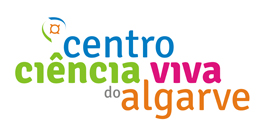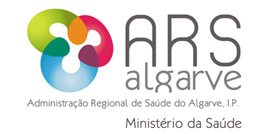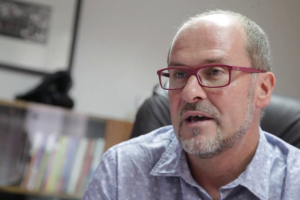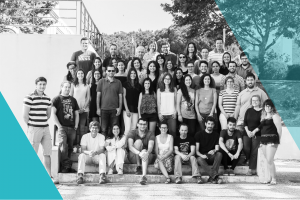“Distinguished Seminars” com Rado Pišot | 15 de novembro – Powered por Izasa Scientific | Universidade do Algarve
Among different studies that analyze the influence of physical inactivity and absence of gravity on the human body we can identify: long-term stay in space (Harm et al., 2001; LeBlanc et al., 2000; Stein et al., 1999); immobilization of healthy (Rittweger et al., 2006; Narici et al, 2009, 2010, Suetta et al., 2009) or injured (Pathare et al., 2005) parts of the human body; bed rest – as a model of simulated weightlessness (Pavy-Le Traon et al., 1998, Adams et al., 2003; Mekjavić et al., 2005; Blottner et al., 2006; Kortebein et al., 2008, Pišot et al., 2007, 2008, 2009, 2012; Tanner et al., 2015).
The research team of our institute in collaboration with different international partners during Valdoltra Bed rest campaigns in which 40 males were analyzed in four bed rest cohorts. Simulated weightlessness or bed rest have been recognized as a valid ground-based model for studying the effects of micro gravity on humans, however their results might also be considered when studying physical inactivity or ageing. That motivated us to conduct the first study, that compared old and young males to short term bed rest, followed by supervised recovery including 2 different interventions – cognitive and diet during bed rest and recovery. The research findings of this study will be presented in my lecture.
Sobre o palestrante: Rado Pišot é diretor do Science and Research Centre of Koper – Slovenia (SRC). É fundador do Instituto de Investigação em Kinesiologia (IKARUS). As suas áreas de investigação incluem o estudo do desenvolvimento e aprendizagem motora, bem como o diagnóstico e a investigação dos músculos esqueléticos, onde a ênfase é colocada na monotorização das capacidades adaptativas destes em diversos ambientes e características de estilo de vida. Trata-se de um investigador altamente premiado pelo seu trabalho à escala nacional e internacional.
